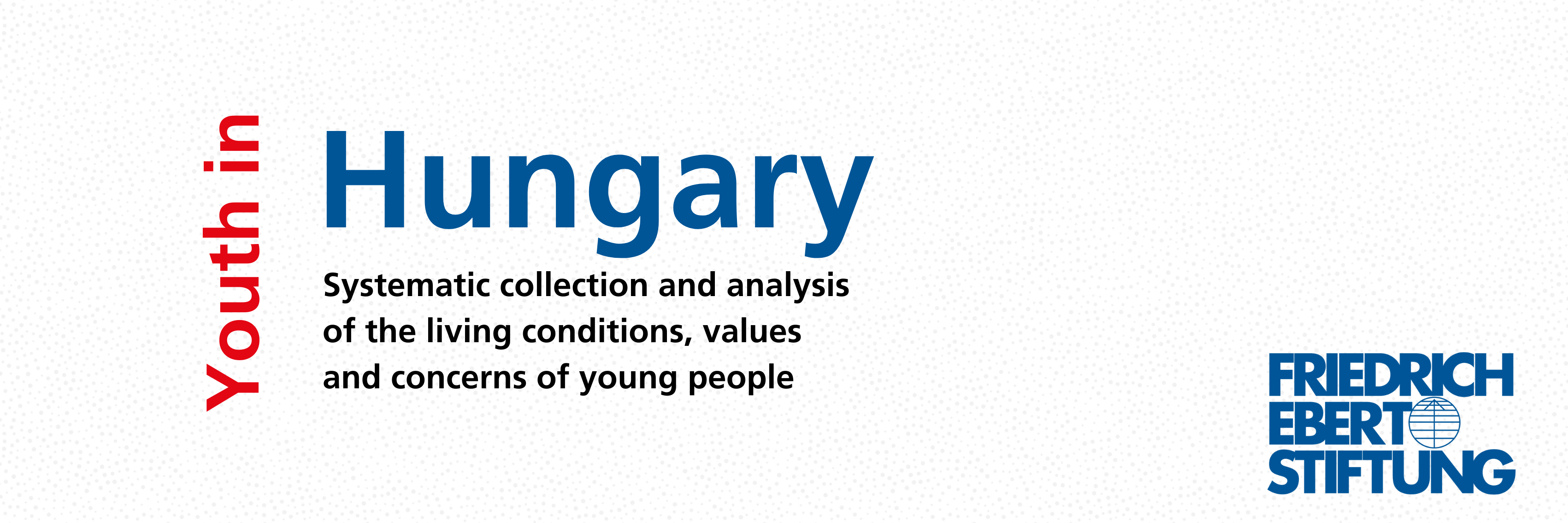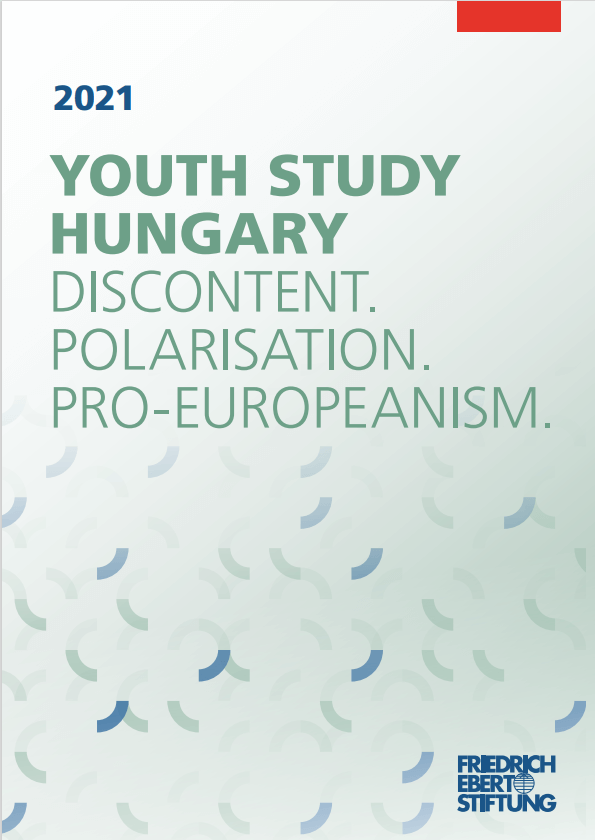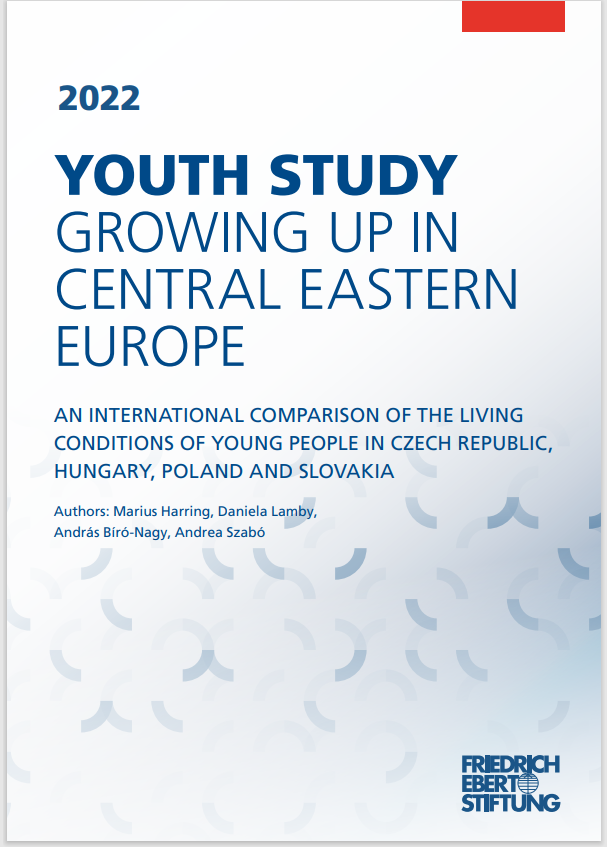
Youth Studies: Hungary
Attitudes Towards Democracy Among Hungarian Youth
Hungary had experienced declines in several key democratic indicators according to various assessments, among them the V-Dem index. These assessments have often pointed to concerns such as the erosion of checks and balances through the weakening of the independence of the judiciary, the media and civil society; restrictions of civil liberties such as freedom of expression, particularly through laws targeting NGOs and media outlets critical of the government; and electoral reforms that favour the ruling Fidesz party and make it more difficult for opposition parties to compete effectively.
How do young people in Hungary assess democracy as a form of government?
Measured through their level of agreement with the statements 'Democracy is a good form of government in general' and 'Under certain circumstances, dictatorship is a better form of government than democracy', the graph below depicts the views of people aged 15-29 years. The data is presented as stacked bars, showing the proportion of respondents who selected each level of agreement (from completely disagree to completely agree) for the respective statements. For both questions, more than one fifth of respondents selects that they are 'in between' agreeing and disagreeing. When adding the amount of people who did not answer the question or selected they did not know an answer, the share of respondents exhibiting uncertainty towards democracy rises to more than one third.Hungarian youth in a regional comparison
Are these values high or low in a regional comparison? The second graph allows such a comparison of attitudes towards democracy among youth across Central European and Baltic nations, including Hungary. Using the interactive filter, you can toggle between the two statements: 'Democracy is a good form of government in general' and 'Under certain circumstances, dictatorship is a better form of government than democracy.'' The bars represent the percentage of respondents aged 14-29 in each country who agreed or disagreed with the given statement, providing insight into perspectives across the region. Only in Czech Republic and Slovakia more young people disagreed with the idea that under certain circumstances, dictatorship is a better form of government than democracy. In Latvia, Poland, and Slovakia, more young people disagree with the idea that democracy is a good form of government. In direct comparison with other countries in Central Eastern Europe and the Baltics, Hungarian youth do not exhibit extreme views.
Key Take-Aways
- One third of Hungarian youth is unsure about the merits of democracy.
- While Hungarian democracy has been backsliding in recent years according to assessments such as the V-Dem index, Hungarian youth is not less supportive of democracy as a form of government than other countries in Central Eastern Europe and the Baltics.
On the Data
The data was taken from the 2023 Study Personal Optimism, National Pessimism, Trust in Europe. A Comparison of Values, Attitudes, and Plans of Young People in the Czech Republic, Estonia, Hungary, Latvia, Lithuania, Poland, and Slovakia. It investigates the opinions of people aged 15-29 years on a broad range of topics such as education, employment, political participation, family relationships, and values. Read the full study here.Publications
Harring, Marius ; Lamby, Daniela ; Peitz, Julia ; Bíró-Nagy, András ; Szabó, Andrea
Youth study personal optimism, national pessimism, trust in Europe
a comparison of values, attituted and plans of young people in the Czech Republic, Estonia, Hungary, Latvia, Lithania, Poland, and Slovakia


